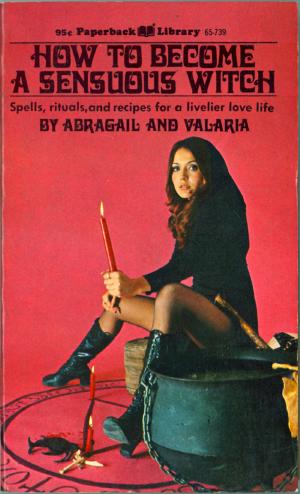Halloween, these days, is more than an excuse for women to let out their inner tramp and dress up like a sexy nurse or witch. It has changed to be a more positive cultural thing. Much less vandalism, like they did when I was a kid, it is instead a sign of urban revival; people want safe places for their kids to trick-or-treat and they have taken their communities back in a way they would never have done when it came to getting rid of drug addicts.

From self-help book cover to mainstream Halloween look. Credit: http://sexy-witch.blogspot.com/
But peeling back those outer layers layers of Halloween's increasing popularity and you find something strange; while the secular war on Christmas and Easter has clearly been won, the efforts to eliminate monotheism (and perhaps theism at all) have created a 'vacuum' that paganism is now filling at Halloween.
Read an interesting alternative perspective in the increase in Halloween spending from Amity Shlaes at Bloomberg.com



Comments